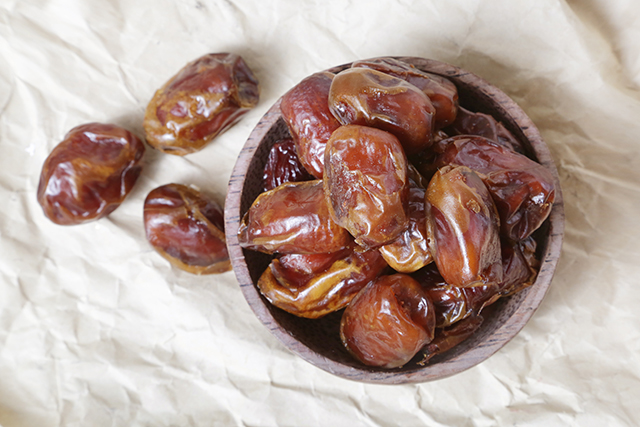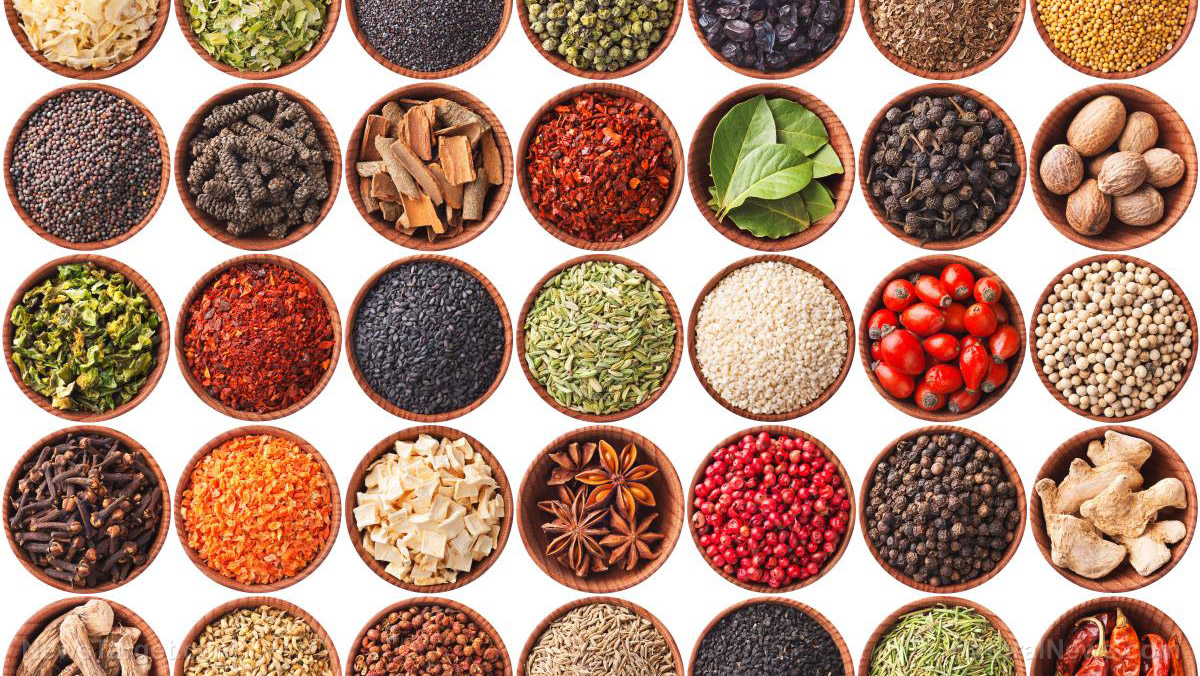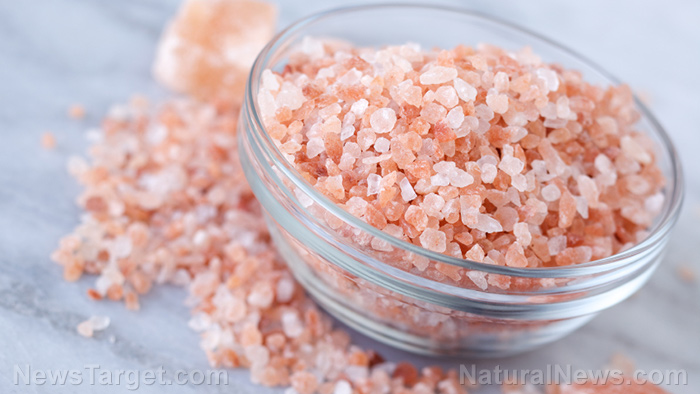Research finds a strict Mediterranean diet helps protect against aggressive cancer tumors
09/22/2018 / By Ralph Flores

Eating a Mediterranean diet can decrease the likelihood of aggressive prostate cancer (or PC) for men, according to a study published in The Journal of Urology. In their findings, the research team found that the diet, which has a high intake of fish, boiled potatoes, whole fruits, vegetables, legumes, and olive oil, coupled with a reduced intake of juices, fared the highest, in terms of risk prevention, over other diets.
The researchers wrote that to better prevent prostate cancer, whole dietary patterns instead of individual foods should be taken into account.
“This study adds important evidence to the scarce information regarding the association of diet with PC, and highlights the relevance of focusing on global dietary patterns,” Dr. Beatriz Perez-Gomez, the lead investigator of the study and a professor at the Instituto de Salud Carlos III (Madrid) in Spain said. “Our results show that a diet oriented towards the prevention of aggressive tumors in the prostate should probably include important elements of the Mediterranean diet such as fish, legumes, and olive oil, and suggest that a high intake of fruits, vegetables, and whole grains might not be enough.”
For the research, the authors utilized the Multicase-Control Study on Common Tumors in Spain (MCC-Spain), a multicase-control study of the country’s population between 2008 and 2013. The MCC-Spain contained biological data, disease history, and dietary habits of people to evaluate the factors (both internal and external) that cause tumor growths, such as those in prostate cancer. The study reviewed more than 700 confirmed cases of prostate cancer and over 1,200 healthy cases, all ranging from 38 to 85 years of age. Researchers then grouped the participants based on the dietary pattern closes to their eating habits. These included the Western, prudent, and Mediterranean diets. For cases that were diagnosed with prostate cancer, researchers categorized it based on tumor aggressiveness and size, using the Gleason score. They also classified each participant based on how closely their eating habits resemble the noted dietary patterns.
The Western dietary pattern included “large intakes of fatty dairy foods, processed meats, fast food, refined grains, sweets, sauces, and high-calorie drinks,” while the prudent dietary pattern was made up of “low-fat dairy foods, fruits, vegetables, whole grains, and juices.”
The authors found that only the group that had a “high adherence to the Mediterranean dietary pattern” displayed a significant protective effect against prostate cancer. Other dietary patterns, on the other hand, were unable to show any effects at all. (Related: Another reason to go Mediterranean: Research shows the diet helps protect older adults from becoming frail, prolonging health and independence.)
Of the findings, Dr. Adela Castello, a co-author of the study, commented: “There is a striking contrast between the relevance of prostate cancer in terms of public health and the evidence regarding its primary prevention.”
According to Dr. Castello, future studies regarding the Mediterranean diet and its link to reducing prostate cancer may strengthen the results presented by their study. In addition, she says that the benefits of a consistent diet will also be felt by other body systems, such as the cardiovascular system.
To learn more about the Mediterranean diet, its benefits for your body, and what types of food should you consume, head over to FoodScience.news today.
Sources include:
Tagged Under: alternative medicine, best diets, cancer, cancer diets, cancer tumors, cancers in men, food cures, healthy eating habits, Mediterranean diet, natural cures, natural remedies, prevention, Prostate cancer, prudent diet, western diet



















